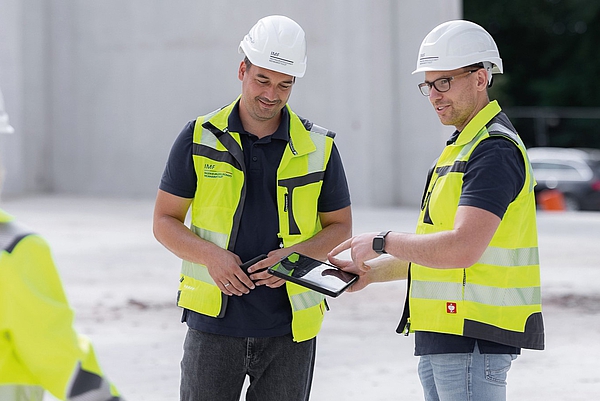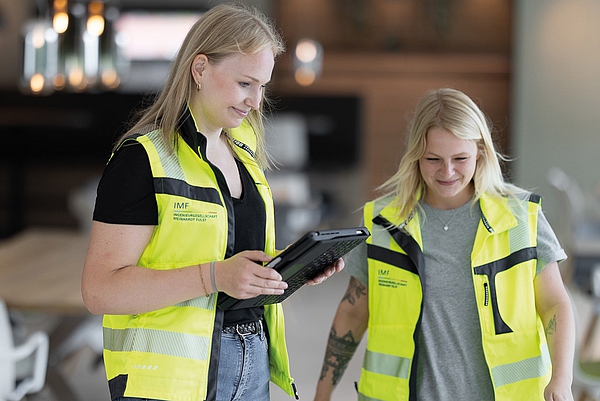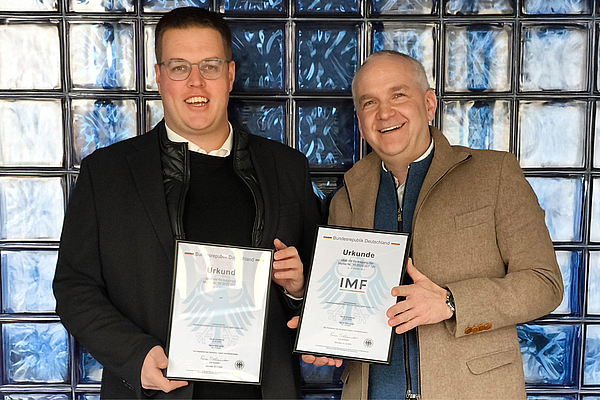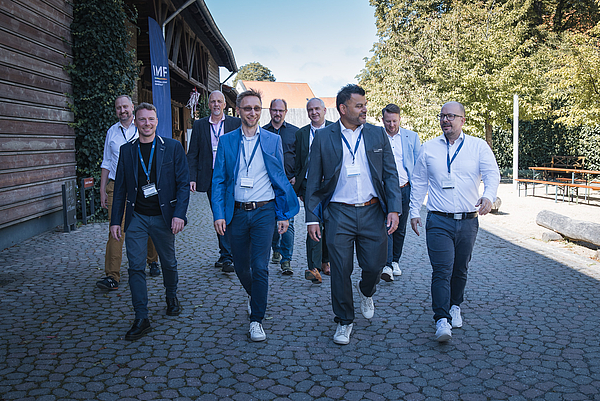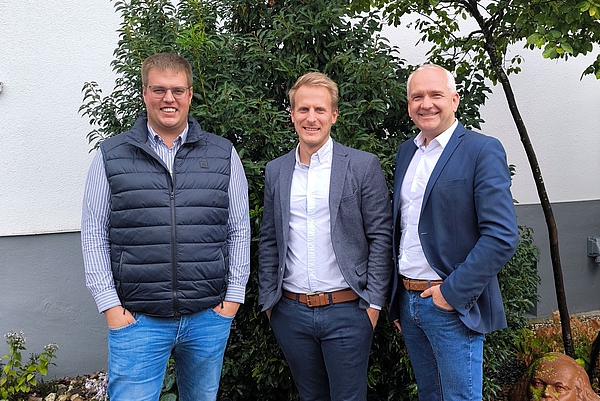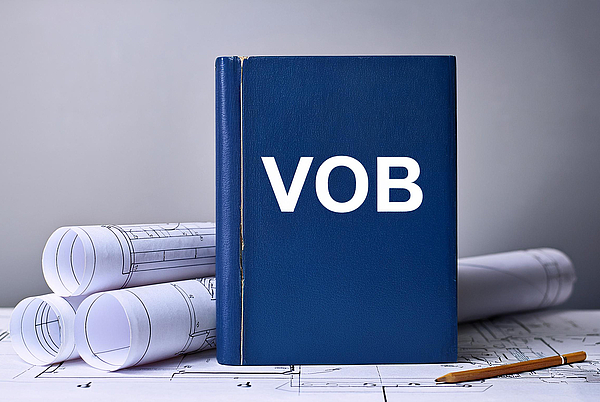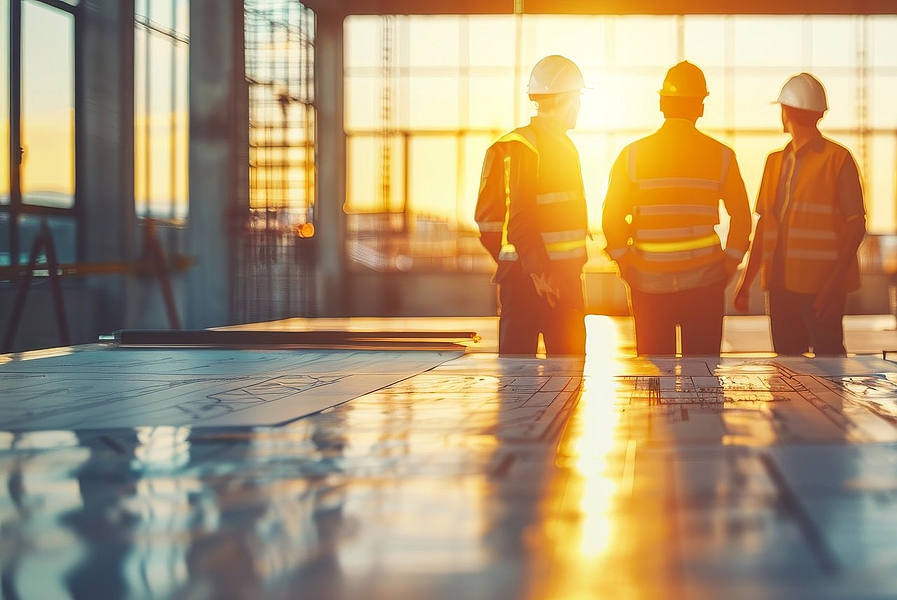Efficiency as a core objective
Efficiency is at the heart of modern building services. By using advanced technologies and intelligent control systems, buildings can significantly reduce their energy consumption. This starts at the planning stage and extends throughout the entire life cycle of a building. State-of-the-art heating, ventilation and air conditioning (HVAC) systems are designed to minimize energy consumption while providing maximum comfort. For example, modern HVAC systems automatically adapt to current needs and environmental conditions to avoid wasting energy.
Sustainability and renewable energies
In addition to energy efficiency, the use of renewable energies is also playing an increasingly important role in HVAC. Solar systems, heat pumps and geothermal systems are just a few examples of technologies that help to reduceCO2 emissions and conserve natural resources. The integration of such systems into building services engineering enables buildings to cover part of their energy requirements from sustainable sources, which is not only environmentally friendly but also saves costs in the long term.
Intelligent building automation
Digitalization has revolutionized building services. Intelligent building automation systems make it possible to monitor and control all technical systems in real time. This includes not only HVAC systems, but also lighting and security systems. By using sensors and networked control units, the operation of the systems can be optimized and adapted to actual requirements. This leads to a further increase in energy efficiency and a reduction in operating costs.
Maintenance and life cycle management
Another important aspect of technical building services is maintenance and life cycle management. Through preventive maintenance and the use of monitoring technologies, potential problems can be identified and rectified at an early stage before they lead to major disruptions. This not only increases the service life of the systems, but also contributes to the safety and reliability of building operation.
Occupant health and comfort
Modern HVAC systems make a significant contribution to the health and comfort of building users. Optimum room temperatures, good air quality and sufficient lighting are key factors that influence the comfort and productivity of people in buildings. High-quality technical building services systems ensure that these factors are always kept within the optimum range.
Future trends in MEPC & HVAC
Building services engineering is in a constant state of change, driven by technological innovations. Intelligent building automation systems, IoT (Internet of Things) applications and renewable energies are increasingly being integrated into building services engineering to make buildings even more efficient and sustainable.
Digital twin
A pioneering concept in MEPC & HVAC is the "digital twin". This virtual replica of a building enables the digital mapping and simulation of all technical systems in real time. It optimizes the planning, construction and operation of buildings by testing various scenarios before implementation. The digital twin helps to reduce costs and increase the efficiency and sustainability of building technology by enabling continuous monitoring and data analysis.
Conclusion
MEPC & HVAC is the invisible heart of every building. It ensures that a building is not only functional, but also meets today's standards of energy efficiency and sustainability. From HVAC systems to electrical installations and sanitary technology, MEPC plays a crucial role in the design of modern, future-oriented buildings.
If you too want to ensure that your building - new or existing - meets the highest standards, don't hesitate to get in touch with us. Our experts will be happy to discuss your individual requirements and work with you to develop a tailor-made MEPC solution for your project.
Put your trust in our expertise!
Start your career in our team!

